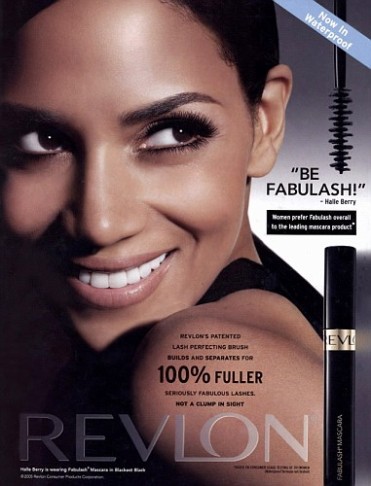This blog post will discuss the unfortunate truth that women are underrepresented in the media. The article that has been included focuses on how the media tends to not include coverage of female politicians. Women are included in different kinds of media, however this is usually in a negative context. They are sexualized, stereotyped or used for popular culture and as a result excluded from the important issues within society. The article discusses an interesting point, that is, when the media ignores women’s issues this silences them, giving them no voice (Vos, p. 391). Women are unable to be heard by the public when they receive no coverage. Has society not accepted women as important or intelligent people? Women should be able to voice their opinions on world issues just as men are able to. Women are not only judged based on their gender but their age as well. Female politicians who are older, receive more coverage than younger women. This might be because society looks down upon young women and cannot imagine them having enough experience or knowledge to contribute anything of value (Vos, p. 393). Women are victimized based on many false assumptions throughout society. The media enforces these assumptions by not giving women a voice and excluding them from participating in important news. Not only are the female politicians hurt by this harsh reality but all women as a class. All women are hurt by this lack of coverage because they are forced to relate to the male representation. Patriarchal views are forced upon women through the use of media and they are unable to escape from these views. Society generally believes the information that the media provides them with and the male politicians take up 86% of the media coverage (Vos, p. 402). Male politicians are being heard and as a result, their beliefs and values are internalized by the public, both men and women. This underrepresentation proves that women are not yet considered as equal to men. By not including an equal amount of coverage of women, the media is continuing to oppress them and take away their value.
Vos, D. (2013). The vertical glass ceiling: Explaining female politicians’ underrepresentation in television news. The European Journal of Communication Research, 389-410. Retrieved March 9, 2015, from http://eds.a.ebscohost.com.proxy.library.brocku.ca/eds/pdfviewer/pdfviewer?vid=7&sid=4b42259b-912d-49ea-b699-d0dcb2c8c690@sessionmgr4004&hid=4208







